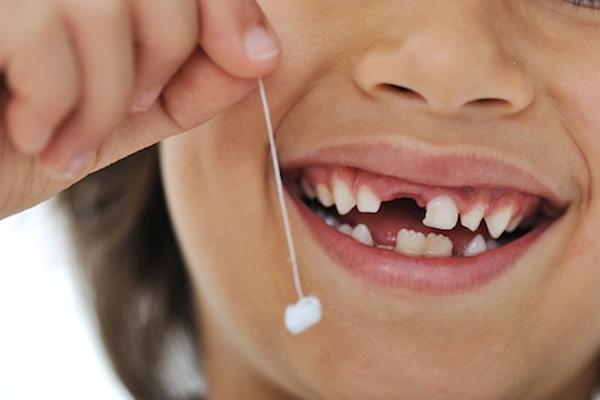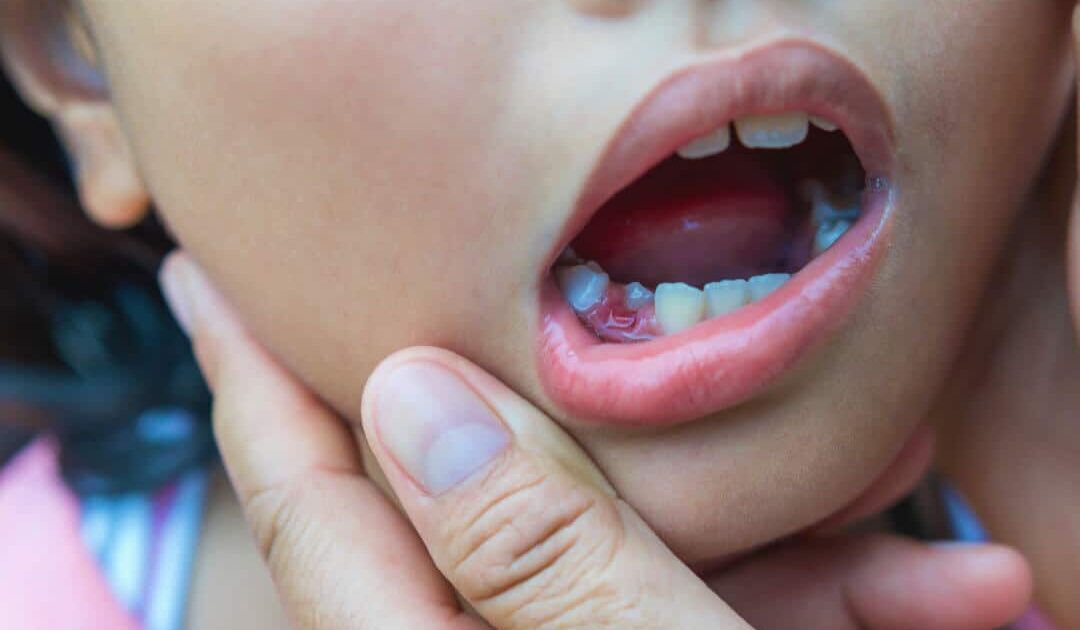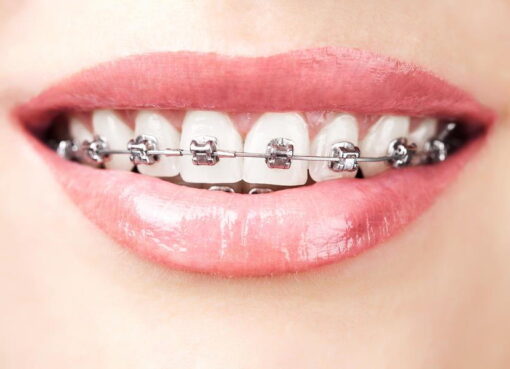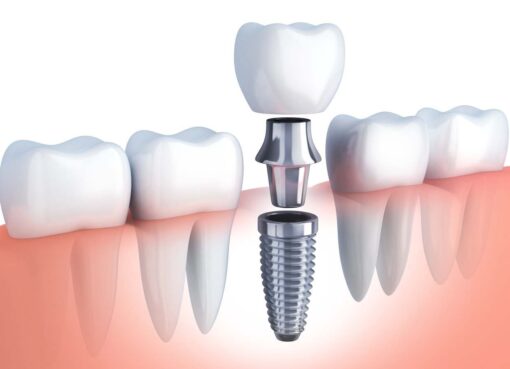Most of a child’s 20-baby teeth erupt in the same sequence that they fall out. The teeth in the bottom middle usually fall out first. Between the years of four and seven, children may lose their baby teeth. Your child’s permanent teeth will erupt sooner if they experience teething earlier. Tooth loss may happen in kids as early as age 4 or as late as age 7. In this case, it would be wise to see your dentist in Merced to make sure that everything is in order. If you suspect your baby’s teeth are coming out, you can contact a Merced dentist.
Your kid’s tooth falling out–What’s next?
When a child first loses a tooth, they typically become excited about the idea of a tooth fairy coming. Some worry, though, that losing a single tooth will cause pain. Make sure your child knows that it will not hurt. Encouraging your child to believe in the tooth fairy might calm their fears.
While it is okay for children to wiggle their loose teeth, please do not force them out before they are ready. Infection could result from a cracked root caused by pulling out the tooth. After the loose tooth’s extraction, the gums may bleed. Your child must rinse water in their mouth before biting into a piece of cloth or gauze. After about an hour, the bleeding should stop.
The permanent tooth that will replace the missing baby tooth might not emerge for a few weeks, and when it does, it may look larger. It will not show up as white and will have a few more prominent ridges. Since these are your children’s permanent teeth, remember to motivate them to take better care of them. Ensure that they floss regularly and brush their teeth twice.
What happens if a kid loses their teeth at a young age?
Since every child is different, some are going to lose their teeth sooner or later than others.
Early childhood tooth loss
Some kids may lose their baby teeth earlier than other kids, mainly if these teeth erupted earlier than usual. On the other hand, early tooth loss in kids could be a sign of dental disease or tooth decay, requiring dental care to prevent the teeth from falling out.
In order to avoid tooth decay, a dentist may explain to parents or other caregivers how to properly clean and take care of a child’s teeth. In order to protect teeth from additional harm, dentists can also use fluoride varnish or dental sealants.
Children who lose their teeth late in life
Not every child suffers tooth loss at the same age. Some kids can hold onto their baby teeth till they are approximately 8 or 9 years old. Thus, there is a broad range of what dentists view as “normal.” A child who has tooth eruption later in life might also suffer tooth loss.
If more than one tooth is impacted by late tooth loss, there might be an underlying reason for the delayed loss of primary teeth, such as a medical condition.

Ways to handle an unstable tooth
A loose tooth could benefit from having the freedom to fall out on its own, based on oral tradition. Kids, on the other hand, often shake the tooth out on their own.
When a child, parent, or caregiver tries to extract a loose tooth, they can do it by firmly grabbing the tooth with tissue or gauze and twisting it quickly to get rid of it.
Contact a dentist!
As soon as a baby’s teeth erupt, the American Dental Association encourages parents to take their kids to the dentist. Children may relax and get used to oral exams due to this practice. Baby teeth are subject to the same risks of cavities and other issues as permanent teeth. Approximately 1 in 5 children between the ages of 5 and 11 have at least one tooth that is rotting and has to be treated, says the Centers for Disease Control and Prevention (CDC).





